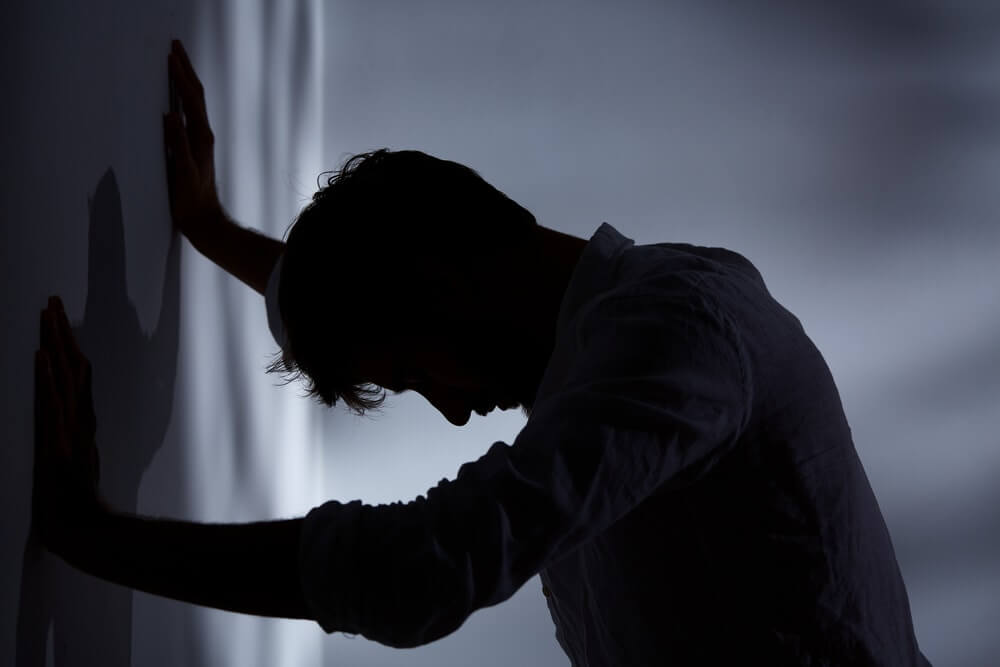How To Identify Symptoms Of Anxiety Disorders

Anxiety symptoms, the disorder, and events which trigger them differ from patient to patient. There are several different types of anxiety disorders, and the risk of co-occuring drug addiction in the effort to self-medicate symptoms is high. Furthermore, anxiety disorders are common amongst United States adults, with up to 31% experiencing a form of a clinical anxiety disorder at some point in their lives.
Fortunately, anxiety disorders have been studied extensively and there are numerous and effective treatment methods. Various forms of therapy and medication can alleviate the symptoms and cure the underlying disorder and also treat any co-occurring drug addiction.
Anxiety Symptoms and Types
Obsessive Compulsive Disorder (OCD)
People with OCD have recurrent, intractable and irrational thoughts (obsessions) that they can only alleviate by performing repetitive tasks (compulsions). When they are unable to perform a compulsion, they will experience debilitating anxiety. Examples of common obsessions with compulsions:
- Fear of germs, leads to excessive and ritualistic hand washing
- Aggressive, random thoughts about self and others, leads to compulsive counting
- Taboo, inappropriate and out-of-character thoughts, leads to placing and arranging items in a particular way
Panic Disorder
People with panic disorder have sudden, spontaneous, and all-encompassing fight or flight responses. PTSD is a form of panic disorder. Panic disorder is so distressing for individuals and the nature of the disease so unpredictable that they are at high-risk of isolating themselves, developing depression, and self-medicating with drugs and alcohol.
- Palpitations
- Sweating and trembling
- Nausea and stomach upset
- A feeling of choking or chest pains
- Difficulty breathing and swallowing
Social Anxiety Disorder
Sufferers of social anxiety disorder have an intense and irrational fear of social situations and of interacting with other people, especially strangers. Social anxiety disorder is a type of phobia.
- Excessive fear of offending others
- Fearful of embarrassing themselves
- Fear of being judged or stared at
Agoraphobia
Agoraphobia is a fear of open spaces or of not being able to escape a location. People with social anxiety and untreated panic disorder are at high-risk for developing agoraphobia. Agoraphobics will isolate themselves and become socially withdrawn. The illness puts a heavy strain on relationships, career and educational aspirations.
Generalized Anxiety Disorder (GAD)
Generalized Anxiety Disorder is characterized by a pervasive sense of worry and fear with no discernible cause. Patients describe an array of physical, mental, and behavioral anxiety symptoms as a result of generalized anxiety disorder.
Common Symptoms of Anxiety
- Worry and tension
- Muscle aches
- Restlessness and feeling ‘edgy’ or high strung
- Trembling and sweating
- Headaches
- Trouble concentrating and sleeping
- Exaggerated startled response and irritability
Risks of Self-medication and Drug Dependence
Anxiety symptoms are often painful, distressing, and cause a great deal of impairment in an individual’s everyday life. Longitudinal government studies have found that up to 75% of addicts in treatment suffer from a predated anxiety disorder. Self-medication puts the sufferer at high-risk of developing a full-blown substance abuse disorder, and the drug abuse can mask the anxiety, further delaying its treatment.
Signs of drug abuse:
- Sudden changes in sleep, eating, and personal hygiene habits
- Relationship strain
- Problems with money
- Legal troubles
- Inappropriate, unexplained behavior
- Changes in emotional state, i.e. a quiet and shy person is suddenly loud, gregarious, and outgoing
- Weight loss and changes in appearance
If someone is addicted to drugs, the dependence must first be broken before any underlying, comorbid mental health conditions like anxiety can be treated.
First, the individual must undergo detox, preferably in a clinical setting. Withdrawals from certain drugs can be deadly, and also, the risk of relapse if detox is performed in a medical setting is greatly reduced. Medical professionals can prescribe legal, safe drugs to lessen the severity of withdrawal.
It is not until the drugs are out of the patient’s system and they can be observed in their unimpaired state that mental health can be fully evaluated.
What makes self-medication and co-morbid conditions hard to treat is that clinicians often cannot determine which came first – the addiction or the mental health condition. But in a clinical setting with trained therapists and doctors, patients can make a full recovery from both.
How are anxiety disorders treated?
Exact treatment methods depend on the individual and the type of disorder they have, but a combination of therapeutic, pharmacologic, and lifestyle changes can alleviate and manage anxiety.
Talk therapy, group therapy, and Cognitive Behavioral Therapy (CBT) help patients deal with the day-to-day realities of life, what is currently happening to them, and how to change their responses and internal dialogue. With talk therapy, patients can explore how to improve their responses to current stressors and stimuli. Anxiety disorder sufferers can explore, in a safe setting, what their triggers are and how to manage them.
In CBT, patients are able to explore their internal dialogue, belief systems, and values, and ask themselves how these things influence their choices. This is especially helpful for people who’ve self-medicated their anxiety symptoms with drugs and alcohol. By learning how to change their perceptions and emotional responses with the guidance of a trained therapist, patients are able to change their behavior from the inside out. This gives them a better framework and foundation from which to navigate life, decreasing their chances of relapse.
Group therapy is especially helpful for recovering addicts. Group therapy settings give people a feeling of comradery and support they can’t get in one-on-one sessions. In addition, patients are able to share knowledge, wisdom, and advice with each other.
Therapy alone is not adequate for treating anxiety disorders. Sufferers also need prescription medication to manage and alleviate debilitating symptoms. SSRIs, SNRIs, and short-term sleep aids are proven to help in the treatment of anxiety disorders.
While anxiety disorders and drug addiction are distressing, painful, and disruptive for sufferers and their loved ones, there is hope. With help from trained therapists and medical staff, patients can go on to make a full recovery from drug addiction and live a life free from the pain and fear of anxiety.

